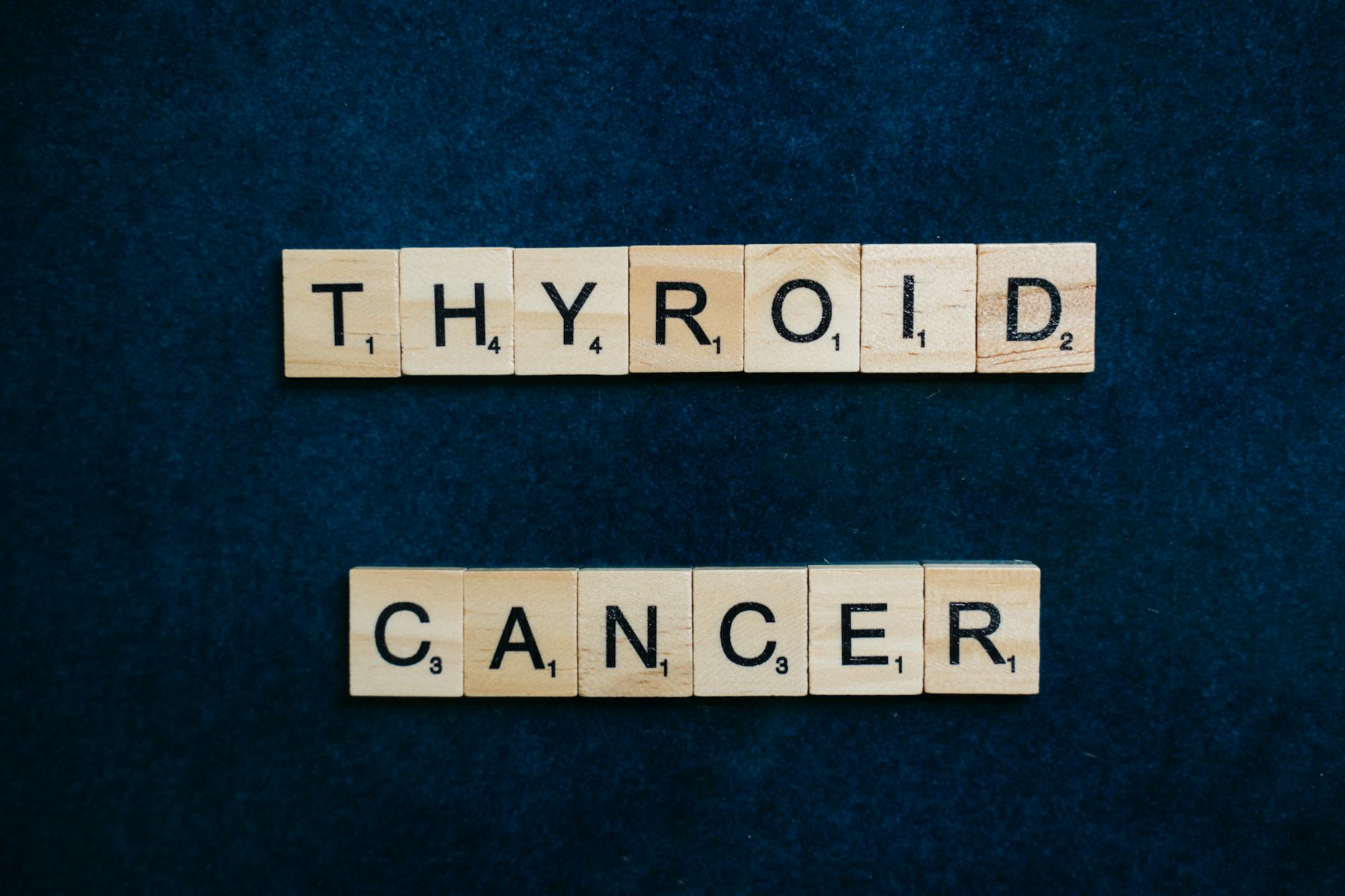Uncover the secrets behind Graves’ Disease and how it affects your thyroid health in ways you never imagined before.
Table of Contents
Welcome to our comprehensive guide on Graves’ Disease, a common autoimmune condition that affects thyroid health. In this blog post, we will delve deep into the nuances of Graves’ Disease, discussing its impact on the body, common symptoms, available treatments, and the importance of managing this condition effectively for long-term health and well-being.
Overview of Graves’ Disease
Graves’ Disease is an autoimmune disorder that leads to overactivity of the thyroid gland, also known as hyperthyroidism. In individuals with Graves’ Disease, the immune system produces antibodies that stimulate the thyroid gland, causing it to produce excess thyroid hormones. This can lead to a range of symptoms and complications if left untreated.
Common Symptoms of Graves’ Disease
The symptoms of Graves’ Disease can vary from person to person, but some of the most common signs include:
- Unexplained weight loss
- Increased heart rate and palpitations
- Anxiety and irritability
- Tremors and muscle weakness
- Goiter (enlargement of the thyroid gland)
- Heat intolerance
If you are experiencing any of these symptoms, it is important to consult a healthcare provider for an accurate diagnosis and appropriate treatment plan.
Treatment Options for Graves’ Disease
Managing Graves’ Disease typically involves a combination of medications, radioactive iodine therapy, and in some cases, surgery. Antithyroid medications such as methimazole or propylthiouracil are often prescribed to help control the production of thyroid hormones. Radioactive iodine therapy aims to reduce the activity of the thyroid gland by destroying thyroid cells that produce hormones. In severe cases, surgical removal of part or all of the thyroid gland may be necessary.
Importance of Managing Graves’ Disease
Effective management of Graves’ Disease is crucial for preventing complications and maintaining overall health. Untreated hyperthyroidism can lead to serious health issues, including heart problems, bone loss, and vision problems. Regular monitoring of thyroid hormone levels and adherence to treatment recommendations are key in controlling the condition and minimizing its impact on daily life.
| Graves’ Disease Demystified: Understanding the Impact on Thyroid Health | |
|---|---|
| Key Points | Impact on Thyroid Health |
| What is Graves’ Disease? | Graves’ Disease is an autoimmune disorder that leads to overactivity of the thyroid gland, known as hyperthyroidism. |
| Common Symptoms | Key symptoms include weight loss, rapid heart rate, anxiety, tremors, and heat intolerance. |
| Impact on Thyroid Function | Graves’ Disease causes the thyroid gland to produce excess thyroid hormones, leading to hyperthyroidism. |
| Diagnosis | Diagnosis is typically made through blood tests for thyroid hormone levels and imaging tests such as ultrasounds or scans. |
| Treatment Options | Treatment may include medication to regulate thyroid hormone levels, radioactive iodine therapy, or surgery to remove part of the thyroid gland. |
Living with Graves’ Disease
Living with Graves’ Disease can present challenges, but with proper care and support, individuals can lead fulfilling lives. Making lifestyle modifications such as eating a balanced diet, getting regular exercise, managing stress, and getting enough rest can help support thyroid health. It is also important to stay informed about the condition, communicate openly with healthcare providers, and seek emotional support when needed.
Conclusion
Graves’ Disease is a complex autoimmune condition that requires ongoing management and care. By understanding the impact of Graves’ Disease on thyroid health, recognizing common symptoms, exploring available treatment options, and taking proactive steps to manage the condition, individuals can effectively navigate the challenges associated with this condition and strive for optimal health and well-being.
Frequently Asked Questions
What causes Graves’ Disease?
Graves’ Disease is believed to be caused by a combination of genetic and environmental factors triggering the immune system to attack the thyroid gland, leading to overproduction of thyroid hormones.
Can Graves’ Disease be cured?
While there is no known cure for Graves’ Disease, it can be effectively managed with medication, radioiodine therapy, or surgery to control thyroid hormone levels and alleviate symptoms.
Is Graves’ Disease common?
Graves’ Disease is one of the most common causes of hyperthyroidism, affecting women more frequently than men, and typically diagnosed in individuals between the ages of 30 and 50.
What complications can arise from untreated Graves’ Disease?
Untreated Graves’ Disease can lead to serious complications such as heart problems, osteoporosis, eye issues like bulging eyes or vision changes, and in rare cases, a life-threatening thyroid storm.





